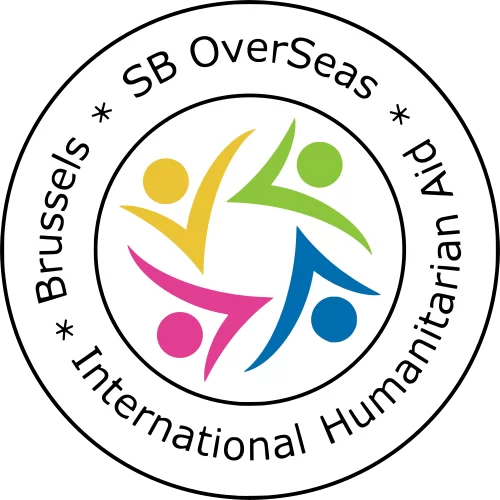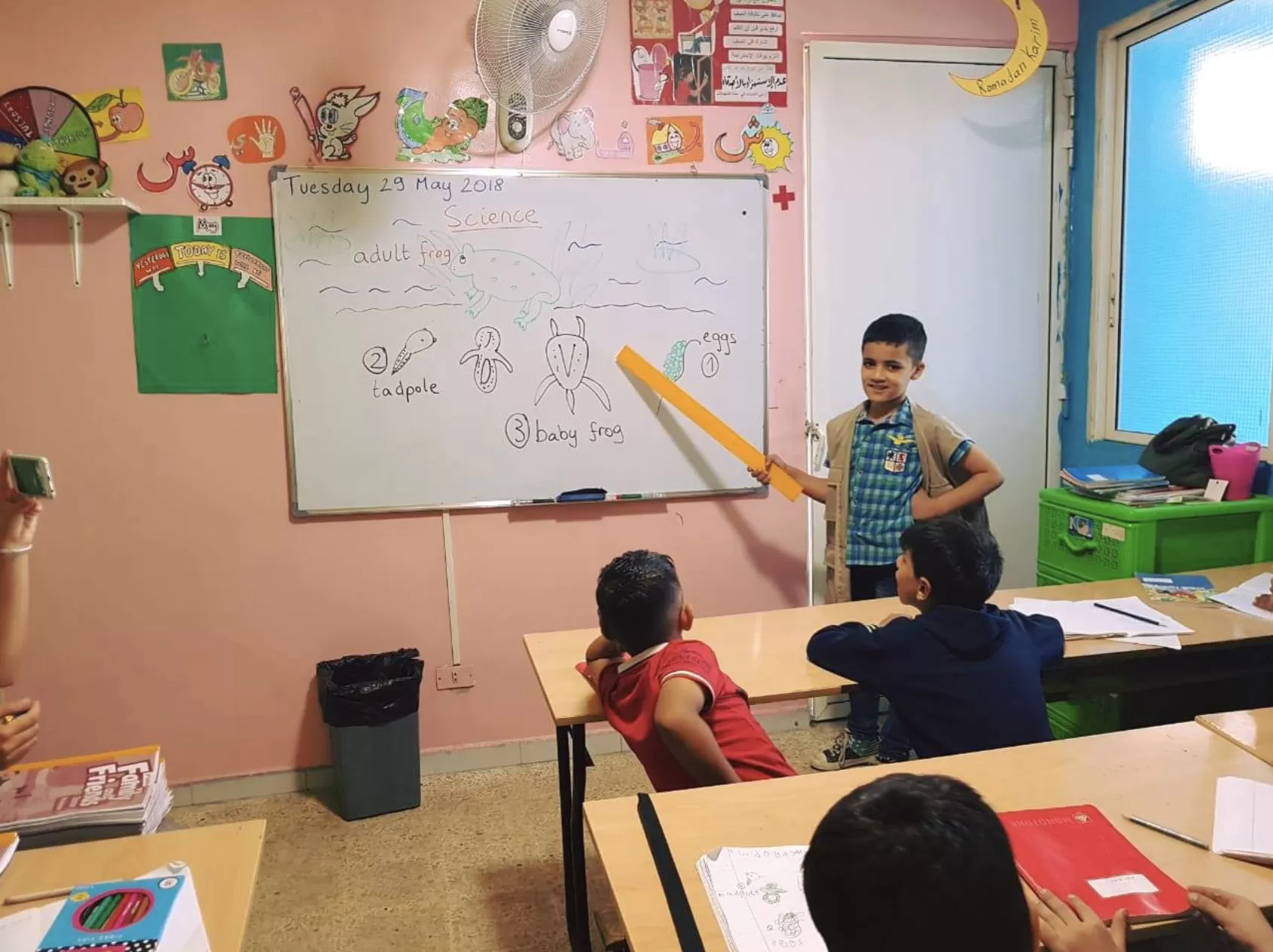SB Overseas has published this report to give a comprehensive overview of the situation of the education of Syrian refugees in Lebanon and the challenges that our team meets on a daily basis. Find the full report here: Education for Syrian refugees in Lebanon here’s an excerpt from it:
“… All children in Lebanon, including Syrian refugees, have the right to free and compulsory primary education under international law. It is often recognized that, despite the fact that Lebanon is not a signatory to the Convention on the status of Refugees, it has provided a theoretically inclusive policy framework that allows access to education for all eligible Syrians. Measures have been taken to allow refugees without proof of residency to enrol in schools. In 2017, the establishment of the so-called “second chances” provided access to formal education for Syrian children in more than 300 public schools. In previous years, during the months preceding the start of the new school year, UNICEF launched the “Back to school” awareness campaign to ensure and assist Syrian children who are out of school in their enrolment in schools Syrian public. And every year since the beginning of the Syrian crisis, the number of Syrian children enrolled in Lebanese public schools has steadily increased. The Minister of Education and Secondary education (Marcus) has set up a project called “providing education for all children” (RACE) with the support of international donation agencies, which aims to promote free education. At the beginning of the year 2016, students aged 7 to 17 who had been out of school for more than two years had the opportunity to participate in the so-called Accelerated Learning Programme (ALP) set up by the Marcus. Although the annual number of enrolments and places available in the classes has increased since the Syrian crisis, it must be noted that a significant number of parents say that they see “their children growing up without access to education”. It is estimated that 36 per cent of children aged 6 to 14 remain out of school, i.e., do not have access to formal education. Despite the efforts of the past, the percentage of children out of school during this school year did not follow the trend in previous years, due to a funding gap affecting Marcus and UNICEF. Only students qualified for prep-ECE and those entering the first grade were able to enrol in public schools, depending on the number of places available, while no new students were admitted. Within the ALP, only students who had to complete their last study cycle (out of three) were able to register again. Many parents do their best to ensure an education for their children…. “

